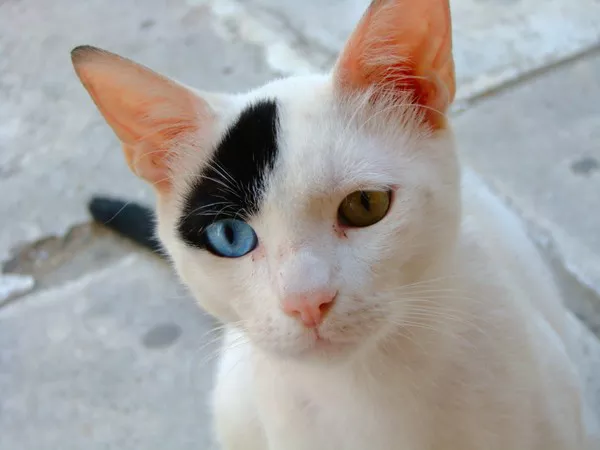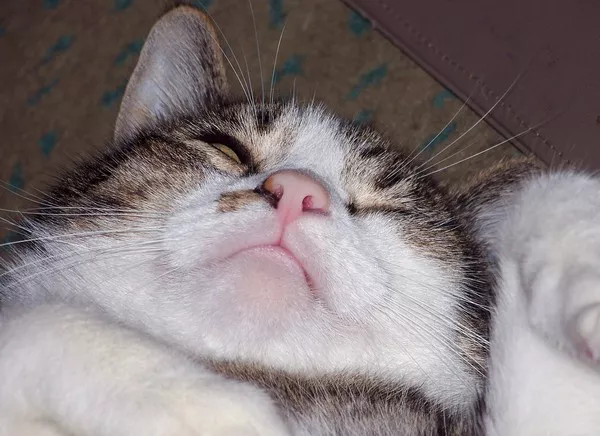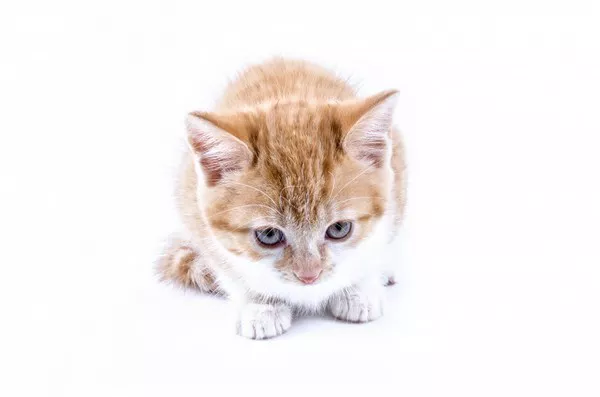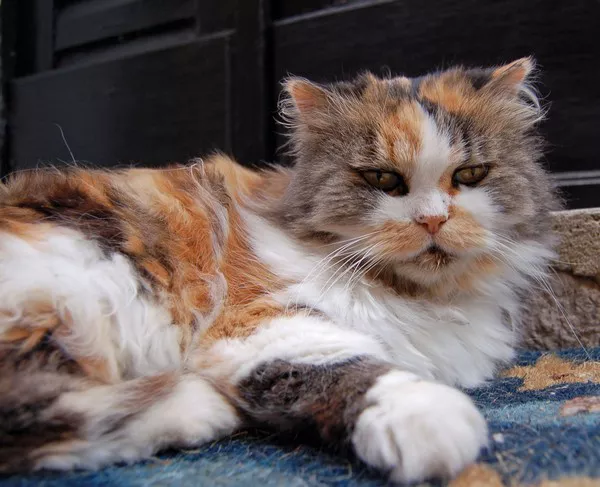Conservationists in New Zealand are urging for the enactment of a “National Cat Act” in response to the alarming decline of the North Island robin population in Wellington, with domestic cats identified as a major threat to the birds’ survival.
Rachael Shaw, a senior ecology lecturer at Victoria University of Wellington, expressed her concerns on the TV show Breakfast about the low survival rates of these birds. “Of the 60 or more individuals that we banded during their dispersal period outside Zealandia’s wildlife sanctuary, only five or six managed to breed. Subsequently, these few survivors also disappeared,” Shaw reported, indicating that domestic cats are likely responsible for these declines.
Evidence from the Waimapihi Reserve, where Zealandia is located, points to frequent cat activity. “We’ve captured footage of cats taking chicks right out of nests,” Shaw said, underscoring the severity of the threat cats pose to the local avian population.
The proposed “National Cat Act” was discussed by Helen Beattie from Veterinarians for Animal Welfare Aotearoa, who also appeared on Breakfast. Beattie argued that the act would involve a nationwide mandate for cat microchipping and registration, aiding in the return of lost pets and identifying cats found in protected areas.
Moreover, Beattie advocated for increased de-sexing of cats and restrictions on taking them to reserves. “Cats living near these areas need to be kept safe and happy at home. It’s crucial for our long-term plan to protect our native species,” she emphasized.
The challenge of keeping cats indoors while ensuring their well-being was acknowledged by Beattie, who insisted that with community support and understanding, it is feasible. “We keep dogs at home; it’s really time to start thinking about managing our cats in a similar manner,” she stated.
Beattie also highlighted the need for comprehensive management strategies and regulations concerning stray cat populations, suggesting that this will require sustained efforts over time to fully implement.
The push for this legislation reflects a growing recognition of the need to balance pet ownership with wildlife conservation, aiming to protect vulnerable species like the North Island robin while addressing the concerns of cat owners and animal rights advocates.



























